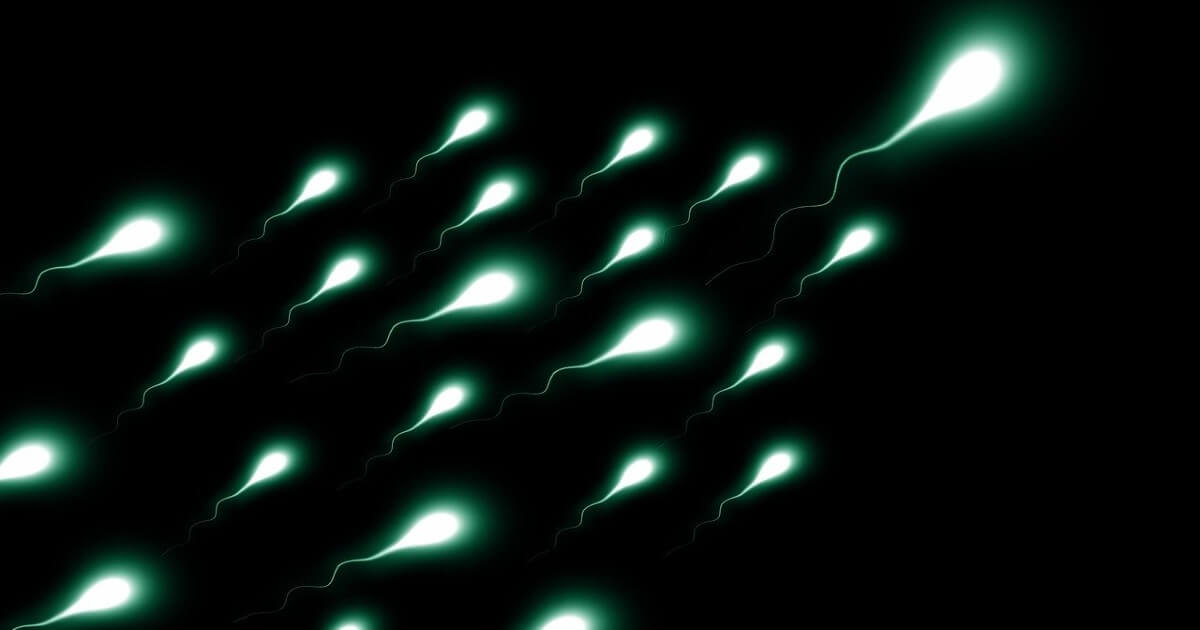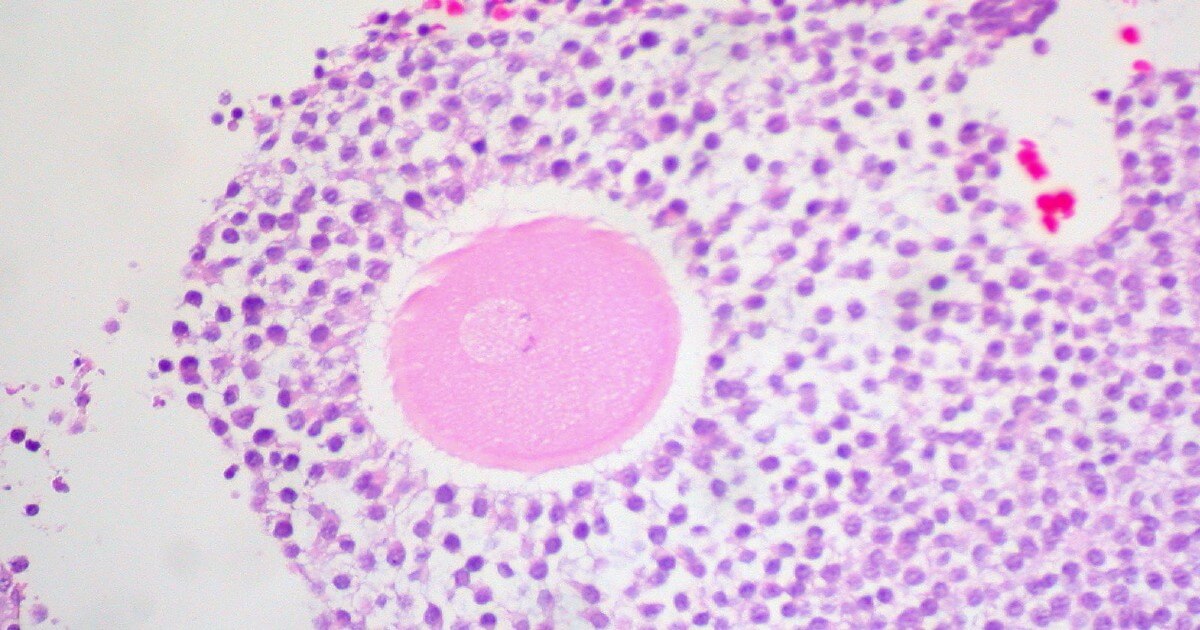Fertility Fears Drive Boom in #StayAtHome Sperm Collection
More men are freezing for the future as doctor warns COVID-19 may affect reproduction.

Back in March, a report surfaced from a team led by Professor Li Yufeng, of Tongji Hospital’s Centre for Reproductive Medicine in Wuhan, China, cautioning that the current pandemic might have an unforeseen, and possibly devastating side effect.
The doctor’s reasoning appears to be that as the ACE2 protein currently believed to be how COVID-19 gets into human cells is also found in testes, the virus could also affect sperm production.
As quoted by The Daily Mail, Tongji Hospital released a statement:
“Men who have had the infection, especially those who need to reproduce, it is best to undergo relevant fertility tests, such as sperm quality and hormone level tests, upon recovery to detect possible problems as soon as possible.”
Should you worry, should you freeze?
Many researchers have joined in calling for further studies to see if this caution is valid. However, the current scientific view is that the only real risk to fertility lies in too-much stress, which has been well-documented as reducing sperm count.
COVID-19 affecting it or not, this concern over fertility has resulted in something clear-cut: a massive uptake in the at-home collection and subsequent freezing of sperm.
For many in that industry, it was initially expected that the pandemic would see a decrease in business, fueled no doubt by many hunkering down during the quarantine.
It quickly became evident the opposite was true: that people weren’t just interested in the process but actively eager to put their fertility on ice.
‘People scared about coronavirus’
CryoChoice was one of those companies that, according to an article from The Daily Beast, was hit by this surprising surge. Heather Kilpatrick, their operations manager saying that they’d “seen a lot of inquiries come in from people scared about coronavirus.”
While some of this increase could be explained as a rollover from the closing of in-person facilities, it doesn’t account for most of the upswell.
Back to CryoChoice, for instance, they’ve reported a remarkable 20% increase since the start of the pandemic.
How companies like CryoChoice work could be another reason for the increase as, as opposed to egg collection, the process for sperm is quite simple.
Boiling it down, all that’s needed to be done is to “donate” a sperm sample into a specialty-designed container and then ship it to the company, that will then put it on ice.
Not just sperm collection

But even though it involves visiting a medical facility, plus no small amount of discomfort, this hasn’t stopped a similar, though not as dramatic a surge in doing to do the same for human ovum.
The same The Daily Beast article references a New York City doctor who stated that his fertility clinic has seen a 25% increase in queries about the procedure.
It’s important to add, however, that unlike sperm collection it’s advised that doing the same for ovum be halted for the duration of the pandemic.
As the American Society for Reproductive Medicine has said:
“Non-medically urgent gamete preservation treatments, such as egg freezing, should be suspended for the time being.”
Fearing the future?
The idea that COVID-19 may negatively affect sperm production, and so fertility, has unmistakably played a major role in this boom in business for the sperm collection and freezing industry.
What it doesn’t explain, at least not very well, is that additional spike for doing the same with eggs. What does, though, is an additional level of stress and anxiety that’s less about fertility and more something larger.
If reproduction is anything, after all, it’s about moving forward: that our children will be born into a world built on the foundations of ours, today.
But shake up that foundation, as COVID-19 continues to do and it gets harder and harder to dream of our next generation living in a better world.
So, consciously or not, it’s not unexpected that some will want to suspend having children until we know that things will either somehow improve or at least not get any worse.
The importance of hope
Things are horribly uncertain right now, leading to many developing an overall feeling of dread about what tomorrow could be like. But falling prey to pessimism and, even worse, getting trapped into believing optimism is somehow naive, is not a solution.
Rather, we need to stay educated—not falling victim to this or that unsubstantiated rumor about the pandemic—and be individually and socially responsible and conscientious: wear a mask, stay at home, practice social distancing, etc.
And by doing so, as well as holding onto hope that things will get better, we’ll make a future our children will be happy to live in.
Leave a reply
You must be logged in to post a comment.

















